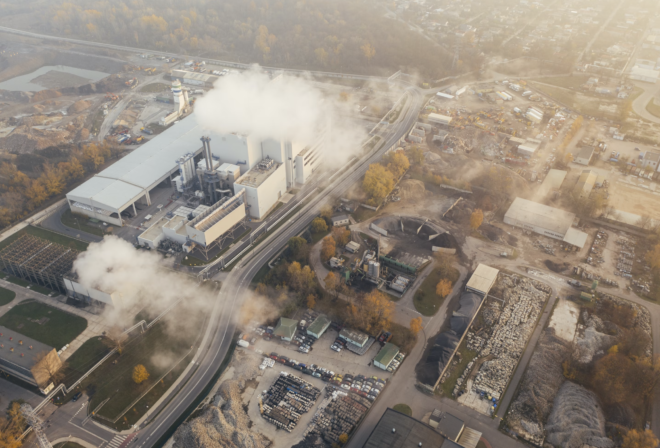
Air pollution affects everyone, whether in cities or the countryside. Nitrogen oxide is a major contributor, with harmful effects on the environment and human health.
Nitrogen oxides (NOx) are reactive gases made of nitrogen and oxygen, including nitric oxide (NO) and nitrogen dioxide (NO2), which contribute to smog and acid rain. Major sources of NOx are vehicles, power plants, industry, and residential heating. NOx plays a key role in creating ground-level ozone and acid rain, with severe health hazards linked to exposure, especially for vulnerable groups. The Dieselgate scandal highlighted the discrepancy in NOx emissions from diesel vehicles, leading to stricter standards and a shift towards cleaner mobility solutions.
Efforts to combat NOx include technological advancements in cleaner fuels and engine efficiency, electric vehicles, and stricter emissions standards. Innovative technologies like SCR systems and DPFs in vehicles aim to reduce NOx emissions. Policymakers worldwide are implementing measures such as emission control areas and low-emission zones to curb NOx pollution. A focus on sustainable practices and supporting eco-friendly policies can help reduce the threat of NOx for a healthier, less polluted world.
For more information on advocating for change, visit Claim Experts.
Comments






